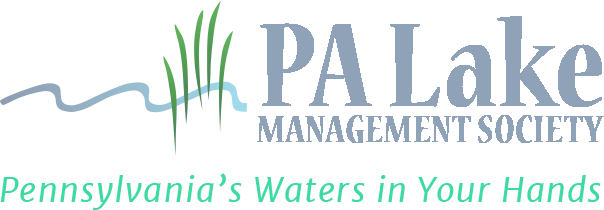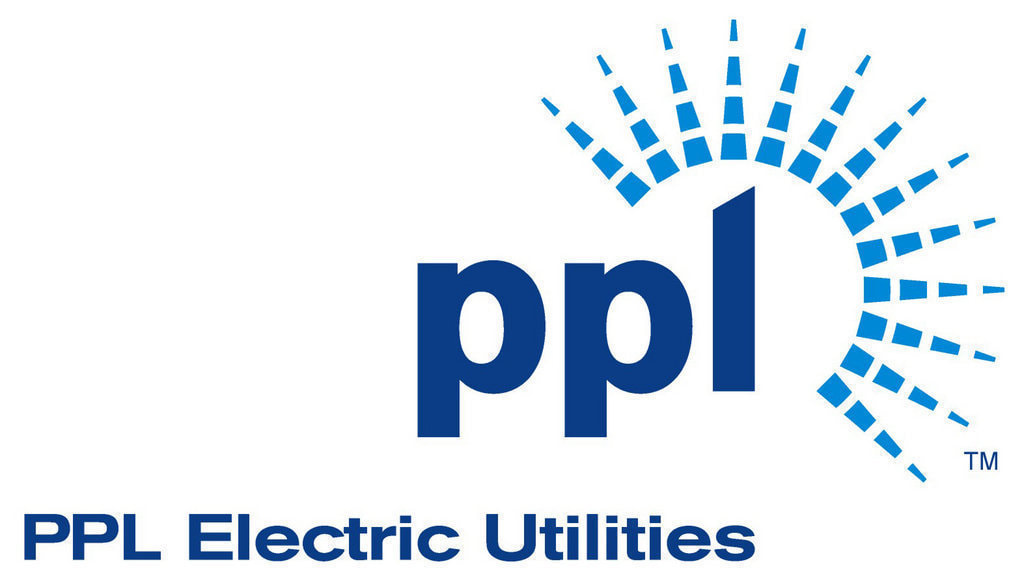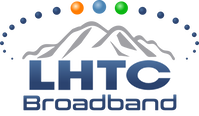6th - 12th Grade Field Trips
Forest Ecology
Grades: 6 - 8
Duration: 3 hours
Cost: $150/class
Observe current scientific research being done in a terrestrial ecosystem. Use a dichotomous key to identify trees in order to conduct an investigation. Compare plant diversity in and out of a deer exclosure and use scientific methods to measure vegetation cover in the canopy and forest floor to determine the impact of deer populations.
Advanced Forest Ecology
Grades 9 - 12
Duration: 3 hours
Cost: $150/class
Participate in data collection for current research to study the effects of deer populations in and out of the deer exclosure. Students will analyze forest data and make predictions about the correlation between the deer population and birds, epigeal animals, ground cover and canopy. Schools will potentially be included in a published research paper.
Advanced Water Ecology
Grades: 9 – 12
Duration: 4 hours
Cost: $200/class
Students will participate in current, authentic research by utilizing scientific equipment to collect aquatic samples and input the results into global databases. Lacawac’s Director of Science and Research, who collaborates with international scientists studying lakes, will assist students in data analysis. Students perform a comparative analysis of the biological and physical properties of Lake Lacawac and Heron Pond. Importance of STEM degrees and careers are emphasized in this intensive water ecology study.
Advanced Water Ecology – Making Connections through Inquiry
Grades: 9 – 12
Duration: 1 to 2 classroom visit(s) and a 4-5 hour field trip
Cost: $300/class
The impacts of water quality on the aquatic ecosystem is explored through scientific literature and research currently being conducted on Lake Lacawac. Students analyze data and test water samples brought to the classroom. Students investigate chemical and sensor parameters, as well as biological parameters such as macroinvertebrates and plankton. All background information and equipment are supplied. Students are guided through the inquiry process to develop a question and design a field investigation. At Lacawac, student teams perform their investigation, analyze the collected data, and share their findings in a simulated dissertation presentation. Lacawac’s Director of Science and Research, Dr. Beth Norman, a freshwater ecologist with 15 years’ experience studying lakes and streams and international collaboration will present a lake ecology analysis and assist students in data analysis.
For more information and to schedule a field trip contact:
Phone: 570–689–9494
Email: [email protected]
For more information and to schedule a field trip contact:
Phone: 570–689–9494
Email: [email protected]



































